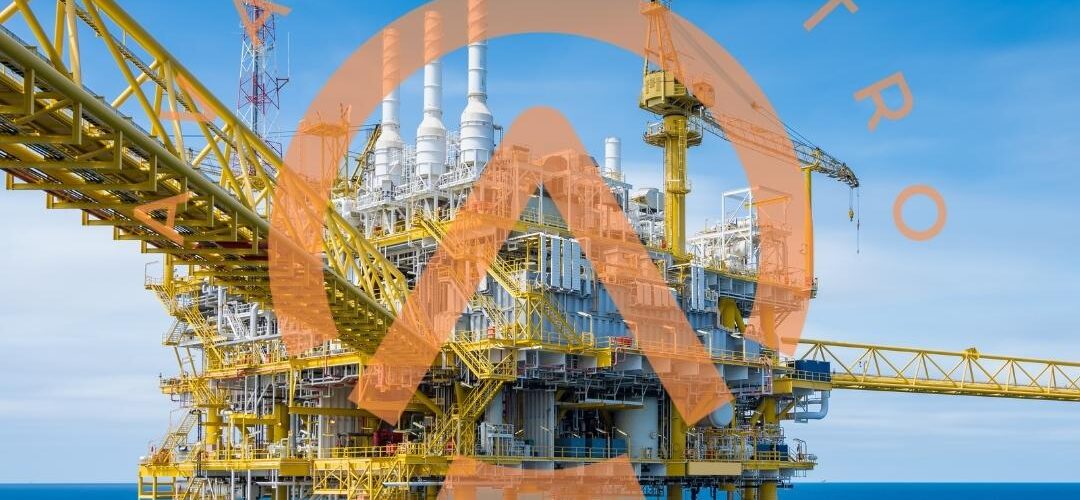Unlocking the Dynamics: How Oil Prices Influence Polymer Markets
The global Polymer market, an intricate web of production, supply, and demand, is profoundly influenced by oil prices. In this article, we delve into the symbiotic relationship between oil prices and Polymer markets, shedding light on the intricacies that drive these industries.
The Fundamental Connection
Understanding the Nexus
The Polymer industry, encompassing a wide array of products, from plastics to synthetic materials, is inextricably linked to the price of crude oil. Oil, the lifeblood of the modern world, plays a pivotal role in shaping the dynamics of Polymer markets. This interdependence is not mere happenstance; it’s a reflection of the raw materials and processes involved in Polymer production.
Oil as the Building Block
Crude Oil: The Essential Ingredient
Crude oil, a primary source for the production of petrochemicals, is the cornerstone of Polymer manufacturing. It serves as the primary raw material, from which various chemicals are derived. Petrochemicals, in turn, are integral to the synthesis of Polymers, which are used in an extensive range of products, from plastic packaging to automotive components.
The Price Ripple Effect
Fluctuations and Their Consequences
Oil prices, prone to volatility due to geopolitical factors and global demand, have a direct impact on the Polymer industry. When oil prices soar, the cost of manufacturing Polymer products also rises. This cost escalation is primarily due to the increased expenses associated with the extraction and refinement of crude oil, which ultimately affects Polymer production and pricing.
Consumer Products and Oil Prices
Everyday Life Implications
The ramifications of oil price fluctuations reverberate throughout our daily lives. As oil prices climb, the costs of Polymer-based products like plastic packaging, synthetic textiles, and various industrial components also rise. Consumers experience the impact through increased prices for everyday items, highlighting the intricate relationship between oil prices and our wallets.
Global Supply and Demand
Balancing Act
The Polymer industry is a global marketplace, with supply and demand intricately interconnected. Oil price variations affect the production and availability of Polymers worldwide. When oil prices are high, Polymer manufacturers often face increased production costs, which can, in turn, lead to a reduction in supply. This can result in a market where demand outstrips supply, further exacerbating the situation.
Environmental Concerns
Seeking Alternatives
Rising oil prices not only affect the cost but also the environmental considerations of Polymer production. In a world increasingly conscious of environmental issues, higher oil prices drive the exploration of alternative, more sustainable sources for Polymer production. This search for eco-friendly solutions is influenced, in part, by the need to mitigate the environmental impact of petroleum-based Polymers.
The Future Outlook
Navigating Uncertainties
In conclusion, the impact of oil prices on Polymer markets is undeniable. As oil prices continue to fluctuate due to global events and market forces, Polymer manufacturers must adapt and innovate. To navigate this complex interplay, businesses are investing in research and development, exploring new materials, and finding ways to mitigate the impact of oil price volatility on their operations.
A Shifting Landscape
Adapting to Market Dynamics
In response to the ever-changing landscape shaped by oil prices, Polymer manufacturers are implementing innovative solutions. They are looking at diversifying their raw material sources, exploring bio-based and recycled materials, and investing in technology to increase efficiency. This adaptability is crucial for the industry’s resilience.
Strategies for Stability
Hedging Against Volatility
Companies in the Polymer sector are not simply passive observers of oil price movements. They employ various strategies to manage the impact of oil price volatility. These strategies may include hedging through futures contracts, forward contracts, or maintaining strategic reserves of raw materials to mitigate sudden price spikes.
Regulatory Influences
Government Policies and Regulations
Government policies and environmental regulations also play a significant role in shaping the Polymer market. Increasingly, governments are imposing stricter standards for the production and use of Polymers, aiming to reduce environmental impacts. As a result, Polymer manufacturers are pressured to adapt their production processes and material choices, impacting their cost structures and competitiveness.
Balancing Act
Price vs. Sustainability
Balancing cost-effectiveness with sustainability is a central challenge for the Polymer industry. While oil prices remain a dominant factor, the industry’s future is intertwined with the ability to produce eco-friendly and cost-competitive products. This balance between economic viability and environmental responsibility will define the industry’s trajectory.
The Power of Innovation
Pioneering the Future
Innovation is the driving force behind the Polymer market’s evolution. As manufacturers invest in research and development, they are uncovering new materials, processes, and business models that lessen their dependence on oil prices. Sustainable alternatives, recycling initiatives, and biodegradable materials are just some of the innovative pathways being explored.
Conclusion
The impact of oil prices on Polymer markets is a complex and dynamic relationship that goes beyond the surface. It affects everything from the cost of daily consumer goods to the industry’s environmental footprint. In response, businesses are adapting, governments are regulating, and innovation is forging new horizons. The future of the Polymer market is one of adaptability and progress, as it navigates the ever-shifting seas of oil price fluctuations.

